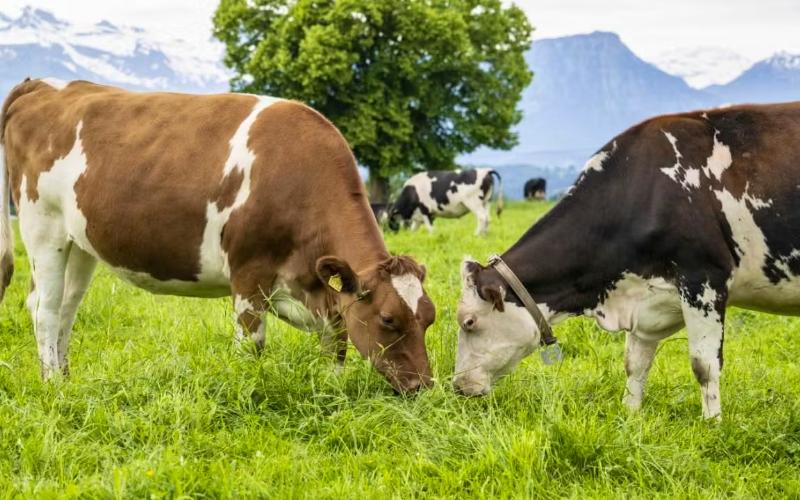Spain Records Its First Outbreak of Bovine Contagious Nodular Dermatitis
Source: dairynews.today
The disease reaches the country for the first time, prompting urgent sanitary measures.

Spain has confirmed the presence of contagious nodular dermatitis (CND) within its borders for the first time, following the emergence of two outbreaks in cattle farms in Gerona province. This occurrence has alarmed both the livestock and health sectors. The Ministry of Agriculture, Fisheries and Food has validated the second outbreak found in the municipality of Peralada, in addition to the first one located in Alt Empordà.
The disease, characterized by skin nodules, fever, lymph node swelling, and a significant drop in milk production, is exclusive to cattle and poses no threat to humans. Yet, its economic detriment is substantial, leading to mandatory animal culling, trade restrictions, and costly control efforts. In the Alt Empordà outbreak, 123 calves were culled as part of the immediate response. Authorities immobilized over 93,000 animals across about 800 nearby farms, establishing a 20 km safety perimeter for 28 days.
Measures also include facility disinfection, movement controls, and strict access restrictions. Farmers and agricultural associations express concern, demanding coordinated action and financial support against the health and productivity impacts. The new cases potentially signal the virus's advancement in Europe, exacerbated by conditions favorable to insect vectors and climate change, increasing risks to previously unaffected regions. The dairy and meat industries face significant challenges, including possible supply disruptions, heightened production costs, and pressures on bovine product exports.
The disease, characterized by skin nodules, fever, lymph node swelling, and a significant drop in milk production, is exclusive to cattle and poses no threat to humans. Yet, its economic detriment is substantial, leading to mandatory animal culling, trade restrictions, and costly control efforts. In the Alt Empordà outbreak, 123 calves were culled as part of the immediate response. Authorities immobilized over 93,000 animals across about 800 nearby farms, establishing a 20 km safety perimeter for 28 days.
Measures also include facility disinfection, movement controls, and strict access restrictions. Farmers and agricultural associations express concern, demanding coordinated action and financial support against the health and productivity impacts. The new cases potentially signal the virus's advancement in Europe, exacerbated by conditions favorable to insect vectors and climate change, increasing risks to previously unaffected regions. The dairy and meat industries face significant challenges, including possible supply disruptions, heightened production costs, and pressures on bovine product exports.
Key News of the Week










